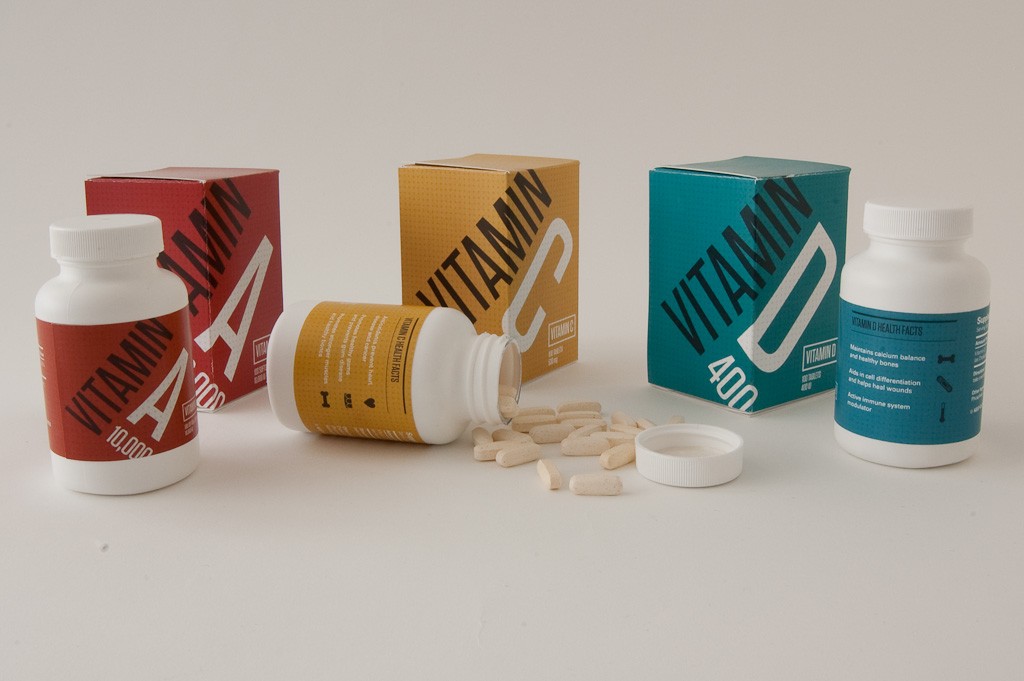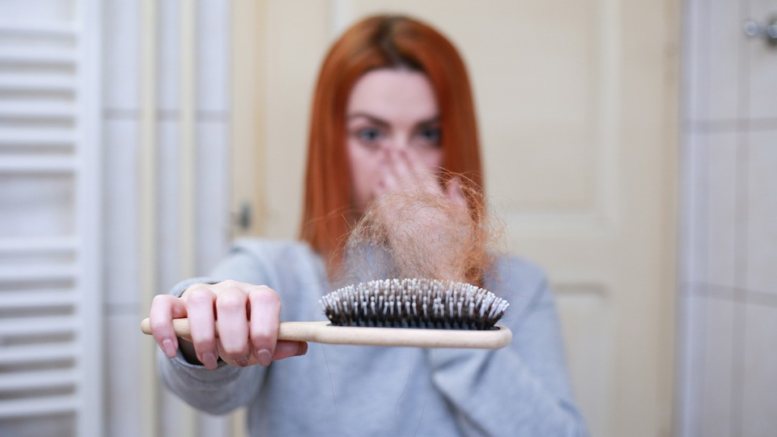Losing a few strands of hair is as normal as the daily sunrise. But what happens when those strands become handfuls? That’s when alarm bells might start to ring, leading us into the world of hair loss.
Understanding the Science Behind Hair Loss
Before we delve into solutions, let’s unravel the mysteries behind hair loss.
The Hair Growth Cycle
Hair growth isn’t a one-time event. It’s a cycle of growth, rest, and replacement that our bodies manage like a well-oiled machine. But sometimes, this machine glitches, causing hair loss.
Causes of Hair Loss
Unraveling the cause behind hair loss often feels like solving a complex puzzle. It can stem from a variety of factors, each as unique as the individual experiencing it. The most prevalent cause is genetics. Male or female pattern baldness, scientifically known as Androgenetic Alopecia, is a hereditary condition that affects millions worldwide. Your genes could potentially make your hair follicles more susceptible to harm from hormones, leading to thinning and eventual loss.
Other common causes encompass hormonal changes, especially those occurring during events like pregnancy, childbirth, and menopause. Such changes can trigger temporary or permanent hair loss. Certain medical conditions also play their part, with alopecia areata, scalp infections, and trichotillomania (hair-pulling disorder) being notable contributors.
Stress, both physical and emotional, can also instigate hair loss. Severe illnesses, major surgery, or significant emotional trauma can all disrupt the hair growth cycle, leading to temporary hair shedding, known as Telogen Effluvium.
Then there’s the nutrition factor. Poor nutrition or severe vitamin deficiencies can impair hair health and growth. Vitamins, which are integral to various body functions, also play a crucial role in maintaining lush, healthy hair. In this article, we’re focusing on this angle, exploring how specific vitamins can aid in managing hair loss.
The Connection Between Vitamins and Hair Health
Ever wondered how vitamins are linked to your hair health?
The Importance of Vitamins
Vitamins, those tiny, potent compounds, hold an undeniable significance in our health and wellbeing. Like the various pieces of a jigsaw puzzle, each vitamin plays a unique, crucial role in the larger picture of our body’s functionality.
Our bodies are intricate machines, and vitamins are the fuel that keeps these machines running smoothly. They participate in numerous biochemical processes, acting as co-factors for enzymes, thereby aiding in everything from energy production to immune function. Without them, these processes can’t occur efficiently, leading to a variety of health issues.
Some vitamins are antioxidants, combating harmful free radicals in the body that cause cellular damage. This function helps in slowing down the aging process and reduces the risk of chronic diseases. Certain vitamins, like vitamin D, even act as hormones, influencing bone health and immune function.
When we zoom into hair health, vitamins reveal their magic too. They play a critical role in maintaining the health and vitality of your hair. From promoting hair growth and preventing hair loss to enhancing hair strength and shine, vitamins are indispensable.
In the quest for healthy hair, understanding the importance of vitamins is key. They’re not just supporting characters but the stars that can significantly influence the story of your hair health.
How Vitamins Influence Hair Health
Understanding the role of vitamins in hair health is like unravelling a fascinating biological narrative, one where micro-nutrients play the lead roles. Vitamins are the unsung heroes that ensure your body functions smoothly, and they extend their heroism to maintaining vibrant, healthy hair too.
Different vitamins serve different functions when it comes to hair health. Vitamins like A and D aid in the production and maintenance of healthy hair by promoting cell growth and differentiation. They ensure your hair isn’t just growing, but growing healthily, helping to prevent dry, brittle strands that easily break off.

B-vitamins, including biotin, play an integral part in creating red blood cells, which carry oxygen and nutrients to the scalp and hair follicles. This process is vital for hair growth. A lack of B-vitamins can therefore lead to hair loss, underlining their importance.
Antioxidant vitamins like C and E fight off free radicals that can damage hair follicles, leading to weak, thinning hair. They also promote collagen production, a protein vital for hair strength and elasticity.
Vitamins are the unassuming protectors of your hair, working behind the scenes to keep it strong, healthy, and growing. By ensuring a diet rich in essential vitamins, you’re creating a conducive environment for your hair to thrive.
Top Vitamins for Combating Hair Loss
With a myriad of vitamins, which are the heroes of hair health?
- Vitamin A. All cells need Vitamin A for growth, and that includes hair, the fastest growing tissue in the human body.
- B-Vitamins. B-vitamins, including Biotin, are integral to hair growth. A deficiency can lead to hair loss.
- Vitamin C. This vitamin is a key player in collagen production, a protein that strengthens hair.
- Vitamin D. Low levels of Vitamin D have been linked to alopecia, a condition that causes severe hair loss.
- Vitamin E. Similar to Vitamin C, Vitamin E helps prevent oxidative stress and boost hair growth.
- Iron. Iron aids the red blood cells in carrying oxygen to your cells, including hair follicles, promoting their growth.
- Zinc. Zinc contributes to hair tissue growth and repair, also keeping the oil glands around the follicles working correctly.
- Protein. Hair is almost all protein, making it a vital nutrient for hair health.
Incorporating Vitamins into Your Daily Regimen
Now that we know what vitamins to look for, how do we incorporate them into our lives?
Through Diet
An array of foods, from leafy greens and citrus fruits to meat and eggs, are packed with hair-healthy vitamins.
Vitamin Supplements
In some cases, dietary intake might not suffice, necessitating vitamin supplements. However, consult a healthcare professional before starting any supplement regimen.
Precautions and Recommendations
While vitamins are essential, an excess of certain ones, like Vitamin A, can lead to hair loss. Always strive for a balanced intake.
Conclusion
While hair loss can be a distressing experience, understanding the role of vitamins and their impact on hair health can provide effective strategies to combat it. However, remember to consult a healthcare professional for personalized advice.
